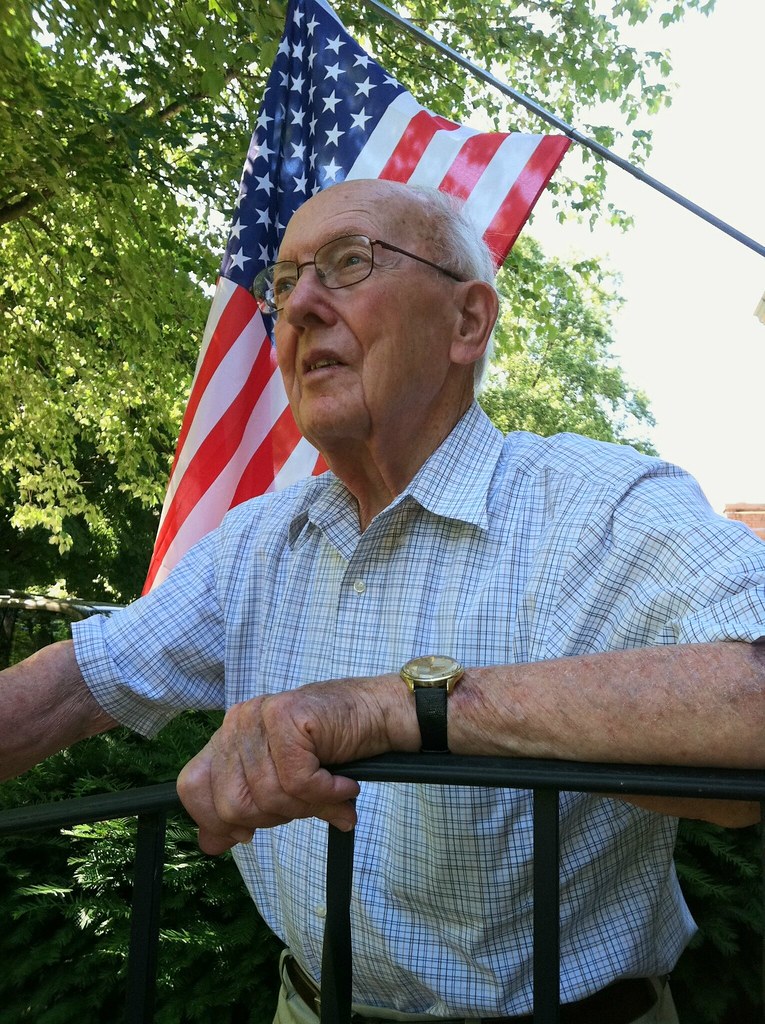 |
| My dad on July 4 by me |
In my classes for the next few months we'll be looking at the rhetoric and spin of the political season. One of my favorite set of resources is Fact Check and its companion sites Fact Check Ed (devoted to teaching students how to become smart consumers of information) and the humorous Flack Check.
Nonpartisan sites to help students clarify their stance on the issues:
- Project Vote Smart for voting records, biographies, candidates' positions, etc.
- Smart Voter by the League of Women Voters
- Find out your Political Typology at the Pew Research Center for the People & the Press
- Open Secrets from the Center for Responsive Politics
- Select Smart's 2012 Presidential Candidate Selector
Partisan but worth a look
- Every Intelligent Voter's Guide to Electioneering Bunk by The Nation magazine
- Forming Consciences for Faithful Citizenship by the USCCB
For research about new media and politics among youth, see the MacArthur Foundation's Youth and Participatory Politics and the Center for Information & Research on Civic Learning and Engagement (CIRCLE) from Tufts University. NoLabels is an organization devoted to getting our elected officials to work together instead of the partisan bickering and posturing we're witnessing currently. C-Span had an interesting panel discussion on Youth Civic Engagement through Social Media in May of 2011.
Finally, in my class this fall we'll be reading UnSpun: Finding Facts in a World of Disinformation, analyzing the style and rhetorical features of documents/speeches like the Declaration of Independence, the Gettysburg Address, JFK's Inaugural Speech, Letter from Birmingham Jail, Civil Disobedience, and a couple of things by George Orwell: 1984 and the essay "Politics and the English Language."
Relevant tweeters: @civicMIT @NoLabelsOrg @Politifact @ProCon_Org
I'm always looking for more good resources though....